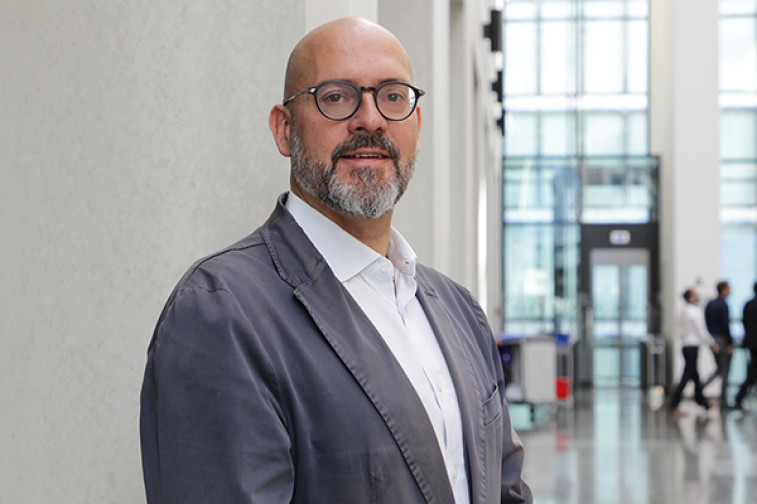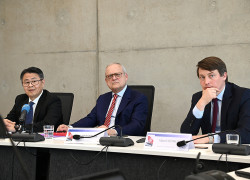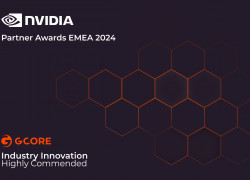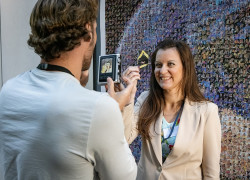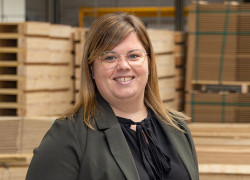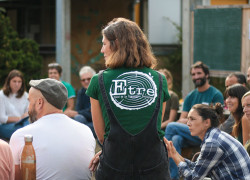Technology trends and a new generation of collectors to shape the art and finance market
The latest Deloitte Private and ArtTactic Art & Finance report reveals striking trends regarding a new generation of collectors and alternative investment trends over a 10-year retrospective.
Despite the disruptions caused by the COVID-19 pandemic, the last 18 months have marked a period of transformational change in the art market, leading to more resilient and innovative business models. As a result, asset diversification is set to drive further demand for art-related assets, according to the seventh Art & Finance report by Deloitte Private and art market research company ArtTactic.
“Our survey results this year clearly show that the art and finance market has come a long way since we launched our first report in 2011. Today, it is not a question of ‘whether’ but ‘how’ art should be integrated into a wealth management offering—and how to deal with the challenges,” states Adriano Picinati di Torcello, Director at Deloitte Luxembourg and Global Deloitte Art & Finance coordinator. “With more investors looking to diversify their portfolios in times of heightened uncertainty, maturing technology and new business models, we see that art has become even more interesting as an alternative asset class.”
True to tradition, the bi-annual report takes the art market’s temperature and analyzes maturing and emerging trends in various fields, including a wealth management survey among art professionals, wealth managers and collectors worldwide. A snapshot of this year’s key findings include:
- Wealth management offering: 85% of wealth managers, 76% of collectors and 96% of art professionals surveyed believe art should be part of a wealth management offering. While 69% of wealth managers felt the art industry needed to modernize its business practices and that art professionals must now rise to this challenge.
- Estate planning and art collections: only 43% of wealth managers believed their clients’ estate plans sufficiently addressed their art collection—a steep decline compared with 67% in 2019. Family offices and collectors must step up and involve the next generation to maintain value.
- Sustainable impact investment in the arts: 28% of collectors and 31% of art professionals singled out sustainable impact investment in the arts as their most attractive investment model. Sustainable investing was more popular among the younger demographic (under 35 years old), where 50% were most interested in socially responsible investment products in culture.
- Art-secured lending: the way collectors view their artwork has shifted in the last decade. While still collecting for emotional reasons, collectors are increasingly motivated by financial aspects, viewing their art as part of their overall balance sheet. The report conservatively estimates that the overall market size of outstanding loans against art could reach between US$24 billion and US$28.2 billion in 2021, a 10.7% average growth rate, and rise to an estimated US$31.3 billion by 2022.
- New opportunities thanks to alternative forms of art ownership: 33% of wealth managers said their clients had expressed an increased interest in non-fungible tokens (NFTs), fractional ownership (29%), art investment funds (25%) and social impact investment in culture (21%). Culture and impact investment could be influenced by the role culture can play in a smart city strategy.
- Maturing art technology as a critical enabler for the industry: from blockchain to artificial intelligence—art technology’s influence in the development of new art investment models is expected to rise. Younger collectors especially believe technology will be a major game-changer in the art and wealth management industry over the next two to three years. The vast majority (92%) of younger collectors said augmented reality (AR) and virtual reality (VR) would have a significant impact, compared with 38% of older collectors.
- Risk management and regulation: self-regulation remains the art market’s preferred approach to establish trust and credibility. However, significantly more collectors (47%) indicated their preference for government regulation this year, up from 22% in 2019, with 36% of art professionals saying the same (28% in 2019).
“We have observed a lot of movement in the art and finance ecosystem, especially regarding alternative ways of dealing with art thanks to new technology. One example is security tokens and non-bankable art assets (nBAs), which could open up new opportunities for the wealth management sector to integrate art and collectible assets in their wealth management offering,” explains Adriano Picinati di Torcello. “We also see diverging interests across generations. Younger collectors are more interested in financial returns, social impact investments and digital solutions than older collectors. Market players must listen to the new generation as they will shape the future of the art and wealth management industry.”
Nathalie Tessier, Global Deloitte Private leader concludes: “Over the past 10 years, we have studied how finance, art businesses and culture interconnect and can enable a better society. Technology, sustainability and regulation play an active role in the development of the art and finance industry, and this dynamic is expanding, global and spans generations. With our latest report, we provide key insights on art and wealth management trends and guidance to navigate the rich and complex nature of the art and finance ecosystem.”
The seventh Art & Finance report was presented for the first time at a virtual launch event by Deloitte Private and ArtTactic on 25 October 2021, demonstrating the report’s enduring importance to the wealth management industry around the globe. It can be downloaded from the Deloitte Luxembourg website at https://www2.deloitte.com/lu/en/pages/art-finance/articles/art-finance-report.html.
Communiqués liés
2023 : une année de transition et de transformation
Lors de l’Assemblée générale qui s’est tenue le 24 avril 2024, les acti...
Cargolux posts profit for 2023
The Cargolux Group (Cargolux) generated a positive net result for its 2023 finan...
Gcore Recognised as Highly Commended in the Industry Innovat...
Gcore acknowledged for successful launch of first AI speech-to-text solution for...
MOMENTUM 2024 drives sustainable solutions forward
Deloitte’s annual MOMENTUM Conference fosters a dynamic exchange between indus...
Nouvelle recrue au service client de NO-NAIL BOXES : Nadine ...
NO-NAIL BOXES, le fabricant luxembourgeois de caisses pliantes en bois contrepla...
Réseau ETRE est le nouveau lauréat du Degroof Petercam Fou...
Réseau ETRE remporte la sixième édition du Degroof Petercam Foundation Award....
Il n'y a aucun résultat pour votre recherche

